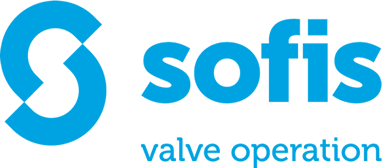Pioneering safety for over 40 years!
Our heritage
At Sofis, our story is about innovation, leadership, and a relentless commitment to safety. As the pioneers of linear coded key valve interlocking, we have shaped the industry and set the global standard for safeguarding valve operations. Our journey began in 1985 with the founding of Smith Flow Control (SFC) in the UK, where our inventors introduced the groundbreaking coded-card linear-key concept, which revolutionized valve interlocking technology.
Setting the standard for valve interlocking
From the outset, SFC played a crucial role in defining safety guidelines for valve operations in the oil & gas and chemical processing industries. Our modular key-operated interlocks became integral to hazardous process environments, preventing human error and ensuring safe, continuous operations. These innovations quickly gained international recognition, with most offshore installations in the North Sea and onshore processing facilities across Europe implementing our systems.
By the 1990s, SFC had become synonymous with valve interlock safety systems, with major oil & gas operators on all five continents relying on our expertise. We introduced safety solutions for pig launching and receiving operations, ensuring the complete isolation of pig trap vessels, an approach now integrated into international standards such as API and ASME.
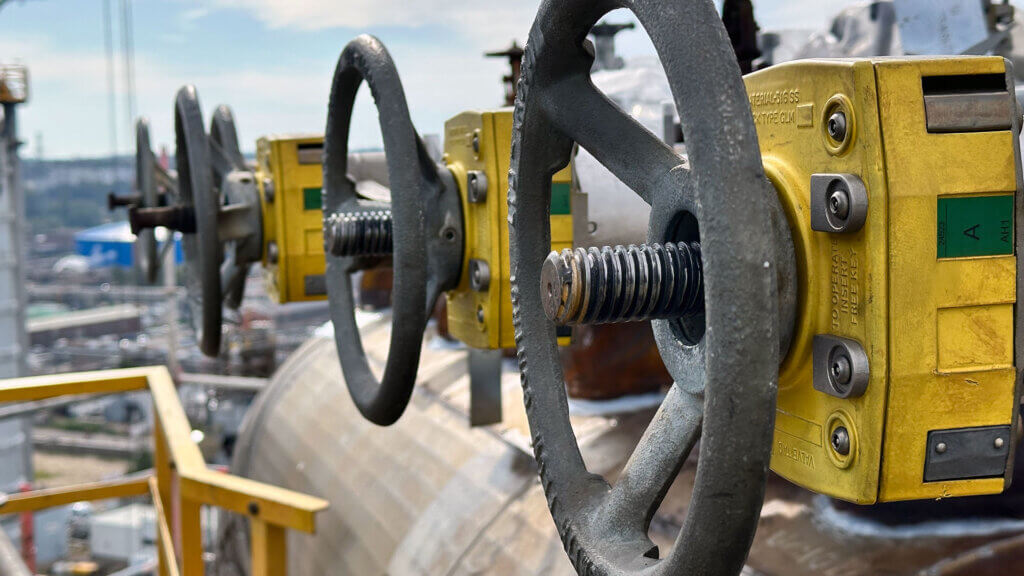
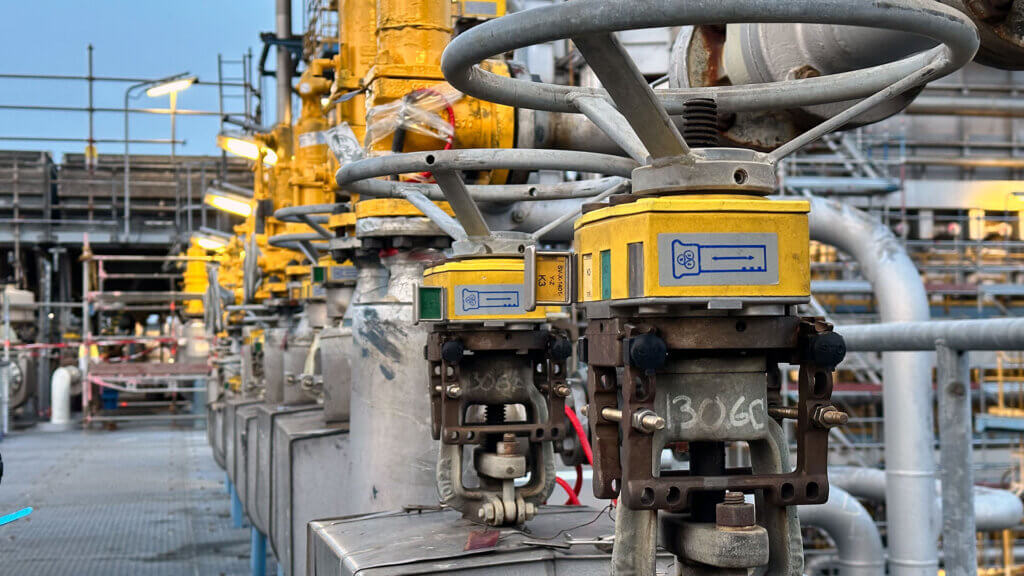
Linear coded key concept
The development of the linear key concept by Smith Flow Control revolutionized safety in the oil, gas, and process industries, providing a fail-safe, intuitive, and highly reliable solution for controlling critical valve operations. Unlike traditional rotating keys, linear keys enforce a strict, step-by-step sequence, eliminating human error and preventing hazardous misoperations. Their simple push-pull mechanism makes them easy to use, while their robust, low-maintenance design ensures long-term performance in even the harshest environments.
Global growth and industry leadership
In parallel, Netherlocks Safety Systems was founded in the Netherlands in 1993, developing its range of valve interlocking solutions and complementary safety innovations. Over the years, both SFC and Netherlocks expanded their product portfolios beyond valve interlocks to include advanced electronic and RFID-enabled solutions, offering greater control and visibility over valve operations.
In 2016, these two industry leaders united to form Sofis, creating the largest global provider of process valve safety solutions. This strategic merger combined decades of expertise, resulting in a broader product range and an unparalleled support network across industries worldwide. Today, Sofis operates from 5 global offices, providing localized sales, engineering, and servicing support to ensure safer operations everywhere.
A legacy of safety, a future of innovation
For 40 years, our commitment to safety has driven us to develop smarter, more reliable valve solutions. As part of the Halma group, a global leader in safety, health, and environmental technologies, we continue to innovate and evolve, delivering cutting-edge products that protect people and critical infrastructure.
From our origins as the inventors of valve interlocking to our position today as the world’s largest valve interlock manufacturer, Sofis remains dedicated to safeguarding people and processes. We are proud of our heritage, and as we look to the future, we remain committed to engineering solutions that enhance safety and efficiency across industries worldwide.
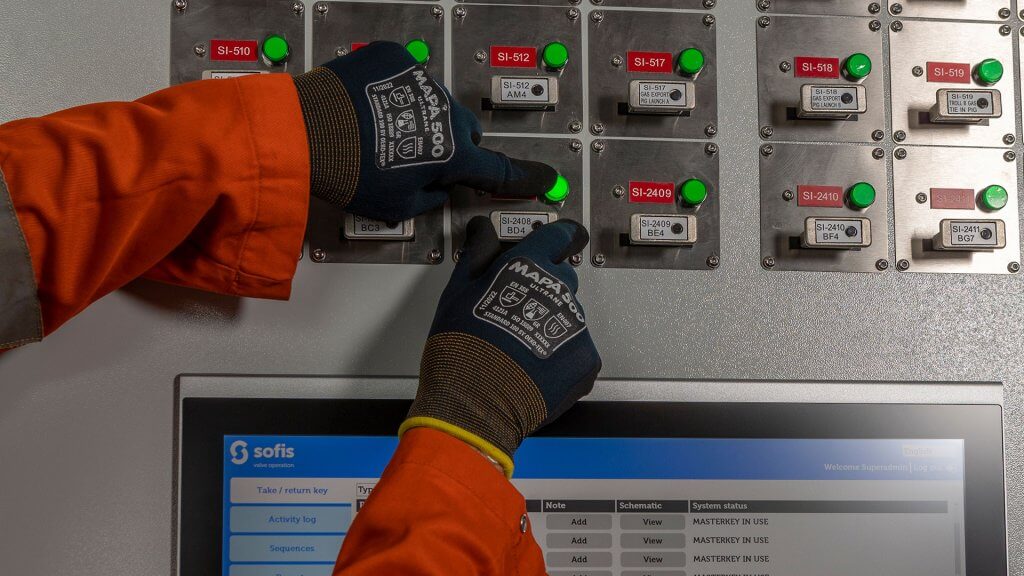
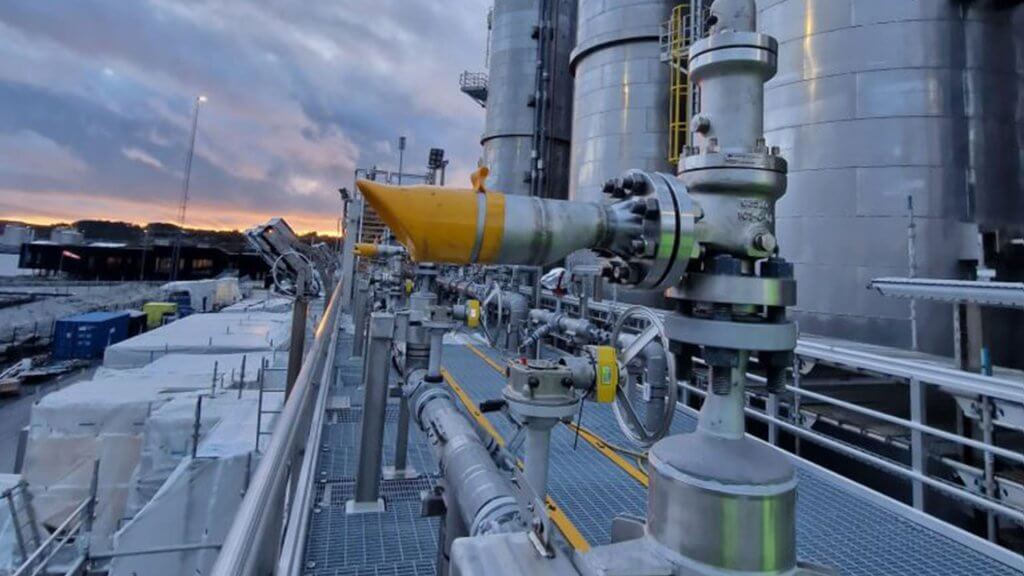
Expanding our safety solutions for emerging industries
Throughout our 40-year history, Sofis has expanded its expertise beyond traditional sectors, embracing emerging industries to address evolving safety and efficiency challenges. Our commitment to innovation has led us to develop specialized solutions for sectors such as water and wastewater treatment, hydrogen production, carbon capture and storage, biofuels, and marine operations. By tailoring our valve operation systems to meet the unique demands of these industries, we continue to safeguard people and the planet, ensuring safe and efficient processes across diverse applications.

